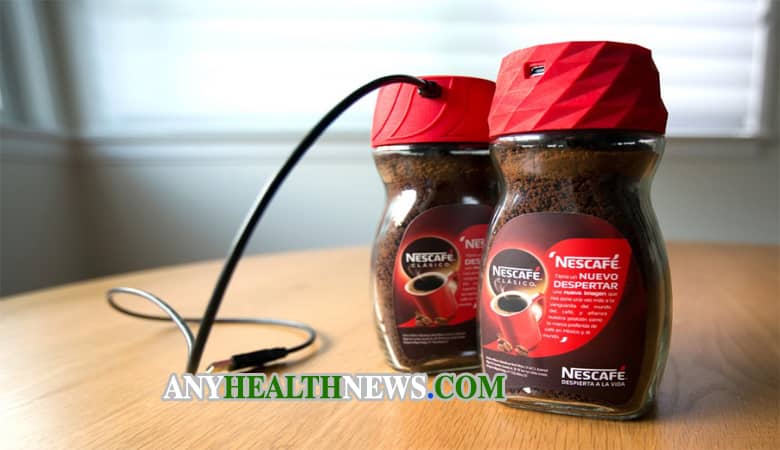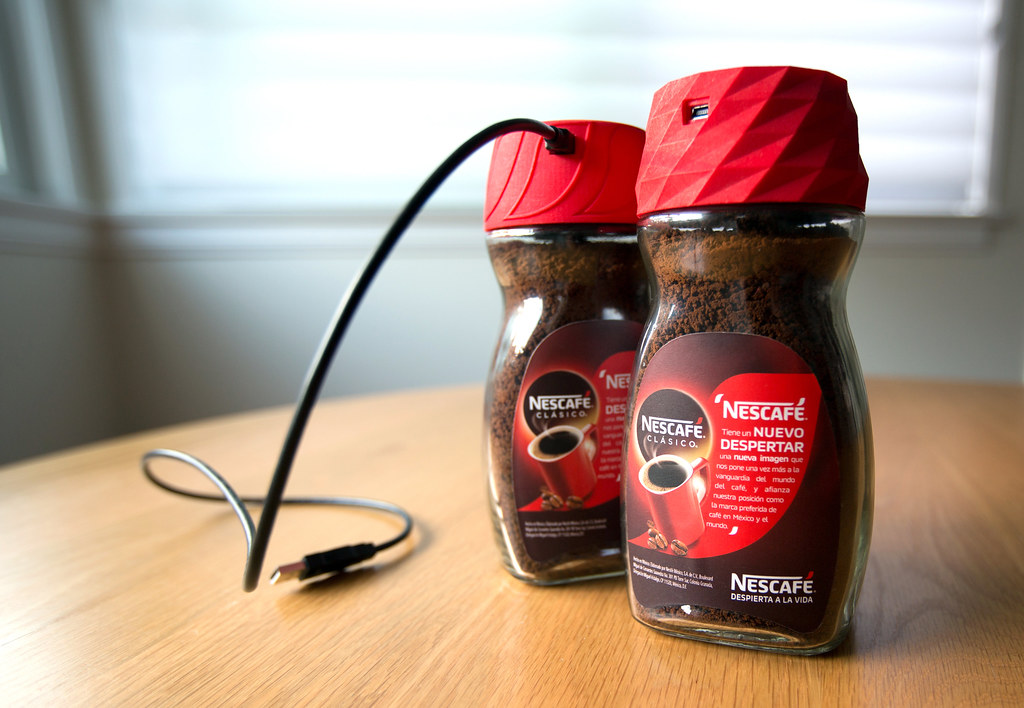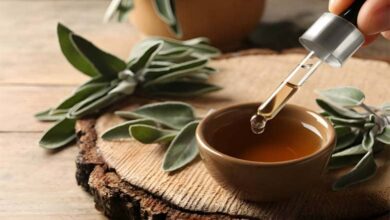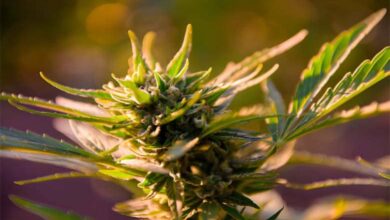HealthLife StyleMedicationNews
Bottled and Jarred Packaged Goods: Are They Safe or What?


Today’s grocery store is not just filled with fresh produce and high-quality meats, but also a wide array of bottled and jarred packaged goods. It can be challenging to know if these items are safe to eat. In this article, we’ll discuss what you need to know if you’re looking for packaged goods. We’ll give you a list of the most common bottled and jarred packaged goods, and review potential risks associated with consuming them.
What Is Packaged Goods?
Packaged goods are any food products that are canned, bottled, or otherwise enclosed in an outer container. Packaged goods can be either liquid or solid, and can range from pickles and olives to bread, condiments, and even ready-to-eat meals. Packaged goods can either be “dry” or “moist.” Dry packaged goods are typically less perishable than moist packaged goods (moist goods are usually meant to be eaten as-is, with no refrigeration required). Dry packaged goods can include canned fruits and veggies, olives, nuts, and grains.
Common Packaged Goods You’ll Encounter
Can Prunes Be Harmful or Safe? Can prunes be harmful or safe? The answer is it depends on the prunes. When you’re buying canned prunes, make sure to read the ingredient list to determine if they’re packed in a syrup or water. Dry prunes that are packed in syrup can be pretty high in calories, sodium, and sugars (although they’re an excellent source of fiber and minerals!). Dry prunes packed in water can be safely consumed as a healthy source of carbohydrates.
Bottled Water
Many people don’t realize that you can drink bottled water without any concern. However, some brands of bottled water may be full of chemicals and additives that aren’t safe for consumption. The FDA regulates bottled water, and the regulations are in place to ensure that bottled water is of high quality and safe for consumption. In order to be bottled and sold as bottled water, water must pass both a taste and a smell test. A taste test compares the water to taste samples, while a smell test determines whether or not the water has an unusual odor. The bottled water must also be free of particles, bacteria, and other contaminants.
Can Prunes Be Harmful or Safe?
Can prunes be harmful or safe? The answer is it depends on the prunes. When you’re buying canned prunes, make sure to read the ingredient list to determine if they’re packed in a syrup or water. Dry prunes that are packed in syrup can be pretty high in calories, sodium, and sugars (although they’re an excellent source of fiber and minerals!). Dry prunes packed in water can be safely consumed as a healthy source of carbohydrates.
Bottled Juice
Like bottled water, much of the bottled juice you find in grocery stores is perfectly safe to consume. However, you should be aware of certain risks associated with drinking too much of certain types of juice. One of the most common packaged goods, bottled juice can pose a wide range of health risks. You may have heard stories about “juice cleanses”—fasts that involve consuming only juice. While these fasts may seem extreme, consuming excessive amounts of certain types of juice can be risky.
Jarred Fruit Juice
Fruit juice is often sold in plastic containers. However, what if you want to drink it straight from the container? While it is possible to drink fruit juice straight from the container, it might not be the best idea. Fruit juice can have a high concentration of sugar, which is bad for those with diabetes. You may have also heard that it’s a good idea to drink fruit juice because it’s “natural.” While it’s true that many fruits are “natural” (e.g., grapefruit comes from a tree), most fruit juices are not healthy for you.
Bottled Vegetable Juice
Similar to bottled fruit juice, vegetable juices are often sold in plastic containers. However, similar to canned fruit juices, it is also possible to drink vegetable juice straight from the container and avoid any benefits (or potential risks) of avoiding the can. As with fruit juices, you may have heard that drinking vegetable juices is “natural” or a “healthier” choice than drinking sugary beverages. While it’s true that some vegetables are “natural” (e.g., broccoli comes from the ground), most vegetable juices are not healthy for you.
Condiments and Sauces
Most condiments and sauces are safe to consume, and you’re likely consuming them already. However, you should be careful when choosing condiments and sauces. You should avoid condiments and sauces that contain high amounts of sugar, sodium, and preservatives. You may have also heard that it’s a bad idea to consume “high-sugar” or “high-sodium” condiments and sauces. While it’s true that some condiments and sauces contain high amounts of sugar, sodium, and preservatives, these are uncommon risks. What you should instead be careful of is consuming too many condiments and sauces.
Baking Powder and Corn Starch
Baking powder is a chemical leavening agent used to make baked goods rise. While it’s safe to consume baking powder, it’s important to note that it should be stored in a cool, dry place away from direct sunlight. Baking powder can also expire, so it’s important to store it properly. Corn starch is also a safe starch that’s commonly used in Asian cooking. Like baking powder, it’s safe to consume, but should be stored properly.
Summary
Of the article Is canned food safe? It depends on whom you ask and how you interpret the data. Canned foods are convenient and shelf-stable, but have become a popular risk factor. In this article, we discuss the pros and cons of bottled and canned goods, and whether or not it’s a good idea to buy and store these foods. We also list a variety of resources with more information on this topic.




